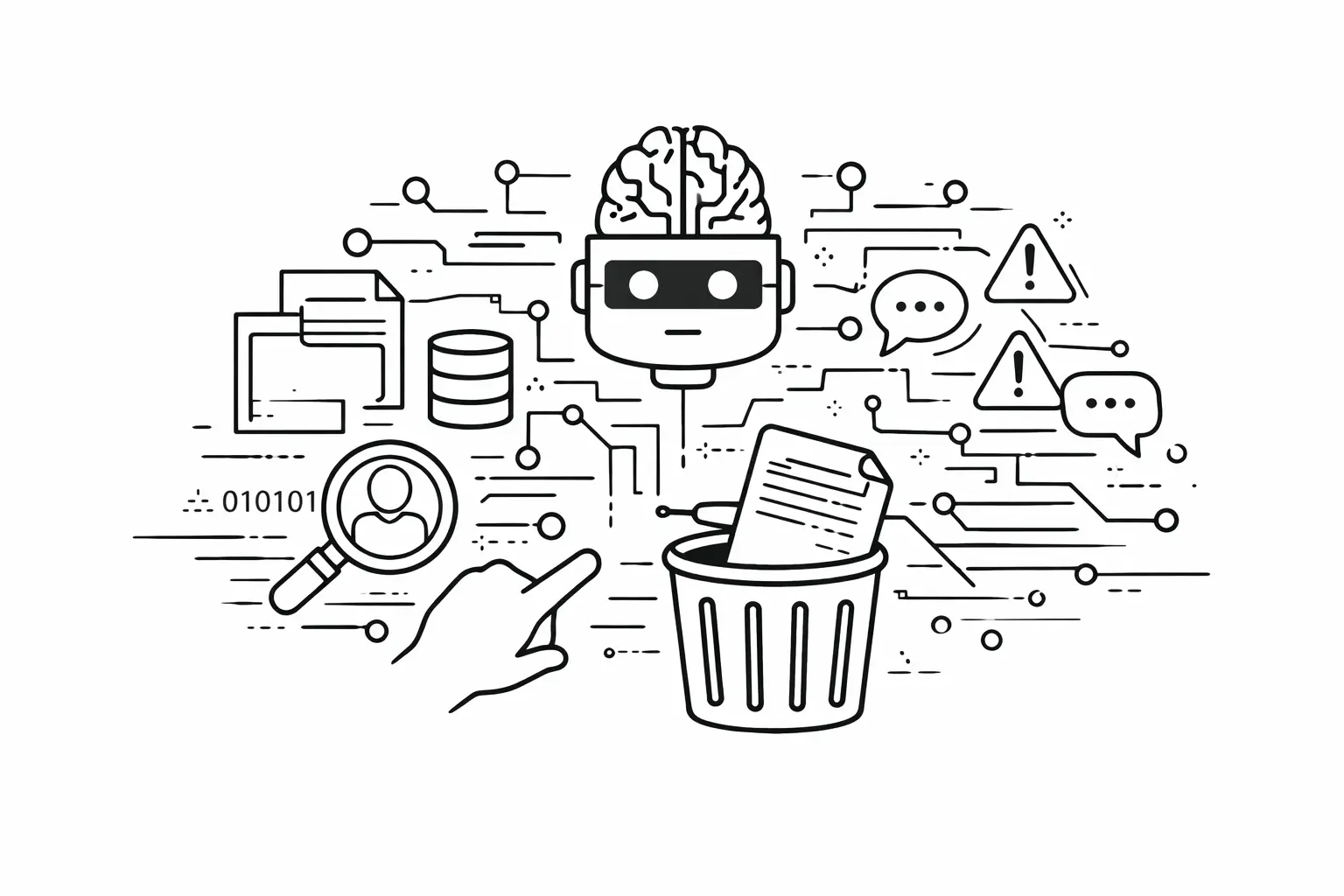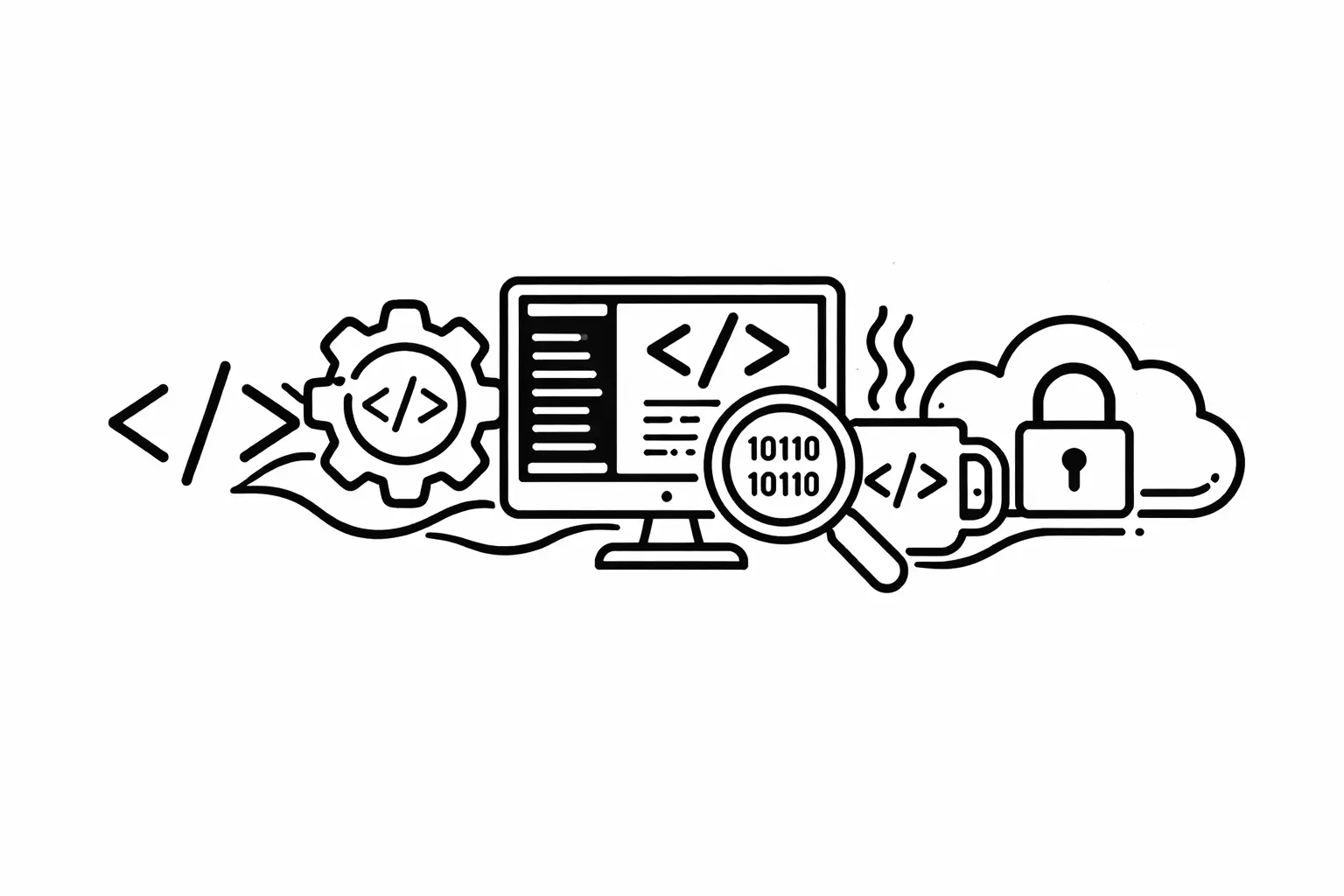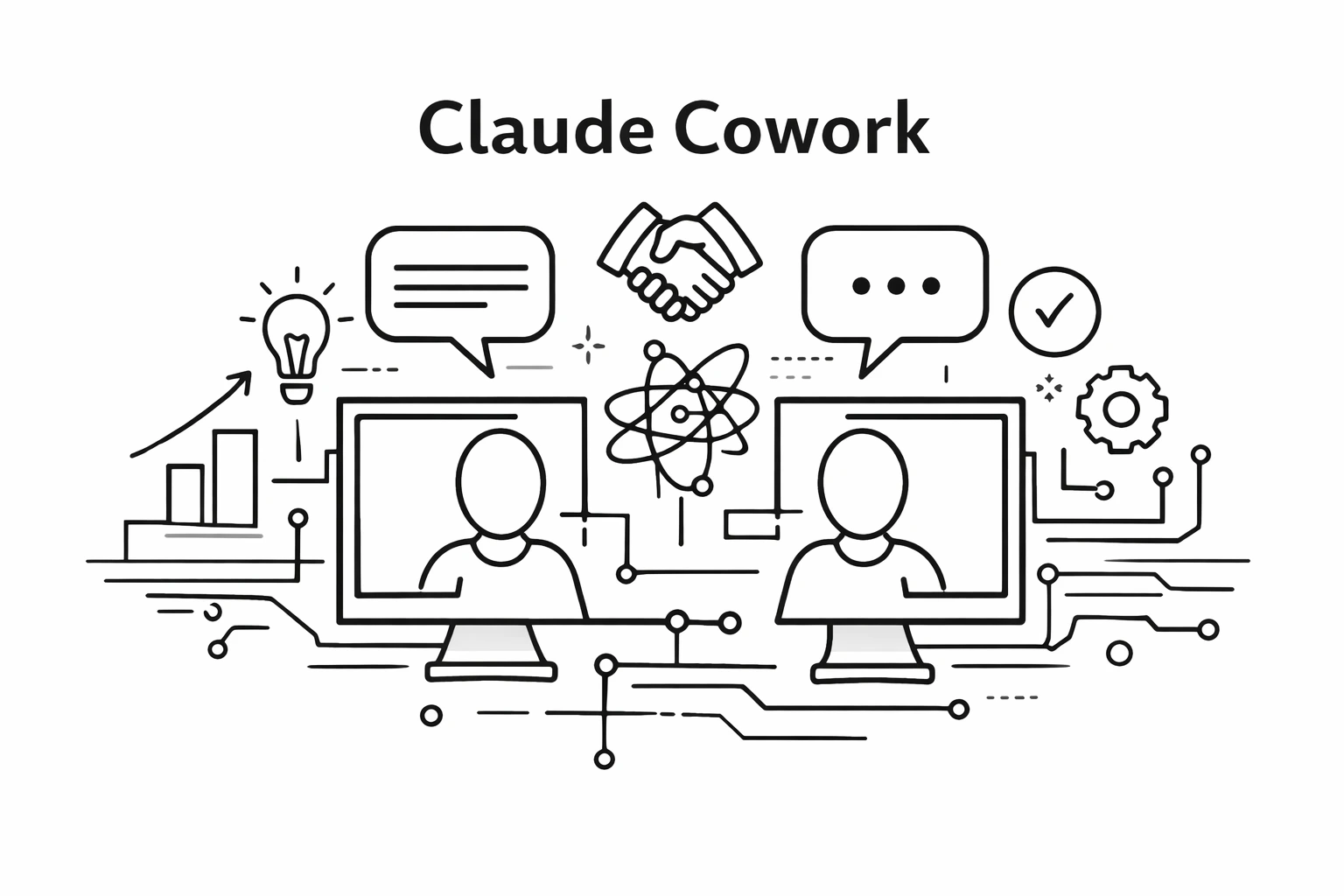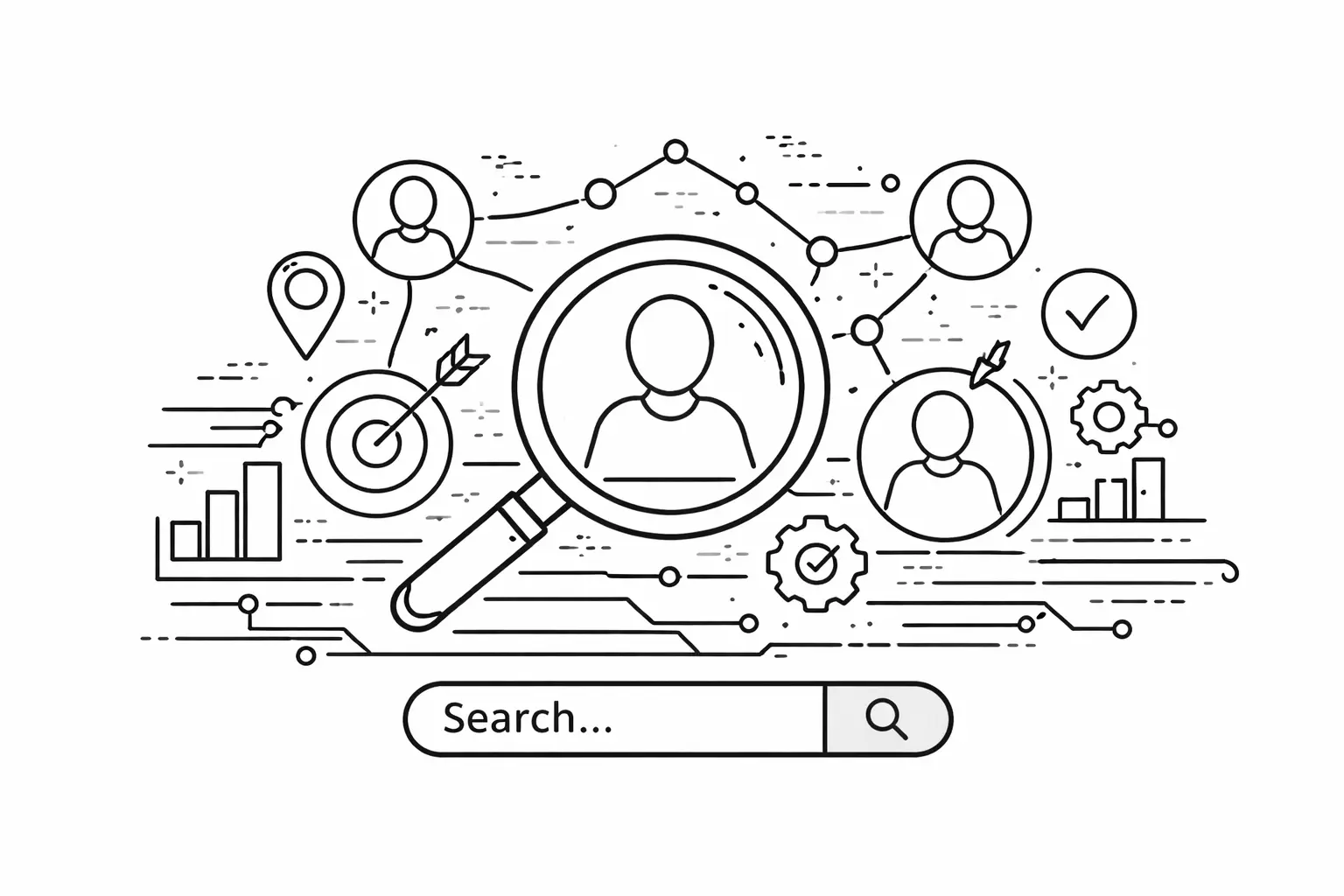Beyond ChatGPT: 5 Types Of AI Your Marketing Team Should Use Now

Listen up, marketers. We all know the struggle.
You're bombarded with different marketing tools, but most are just glorified email blasters with a fancy AI badge.
Look, don't get me wrong, tools like ChatGPT are cool for whipping up some quick content, but there's a whole new level of AI lurking in the shadows, ready to supercharge your marketing campaign and leave your competitors in the dust.
That's right, I'm talking about ADVANCED AI – the stuff that goes way beyond basic chatbots and repetitive content generation.
These are the real deal, the game-changers that can unlock hidden customer insights, personalize experiences like never before, and boost your marketing ROI to the stratosphere.
Join me, as I uncover 5 types of AI tools your marketing team should be using.
Also Read: ChatGPT for beginners
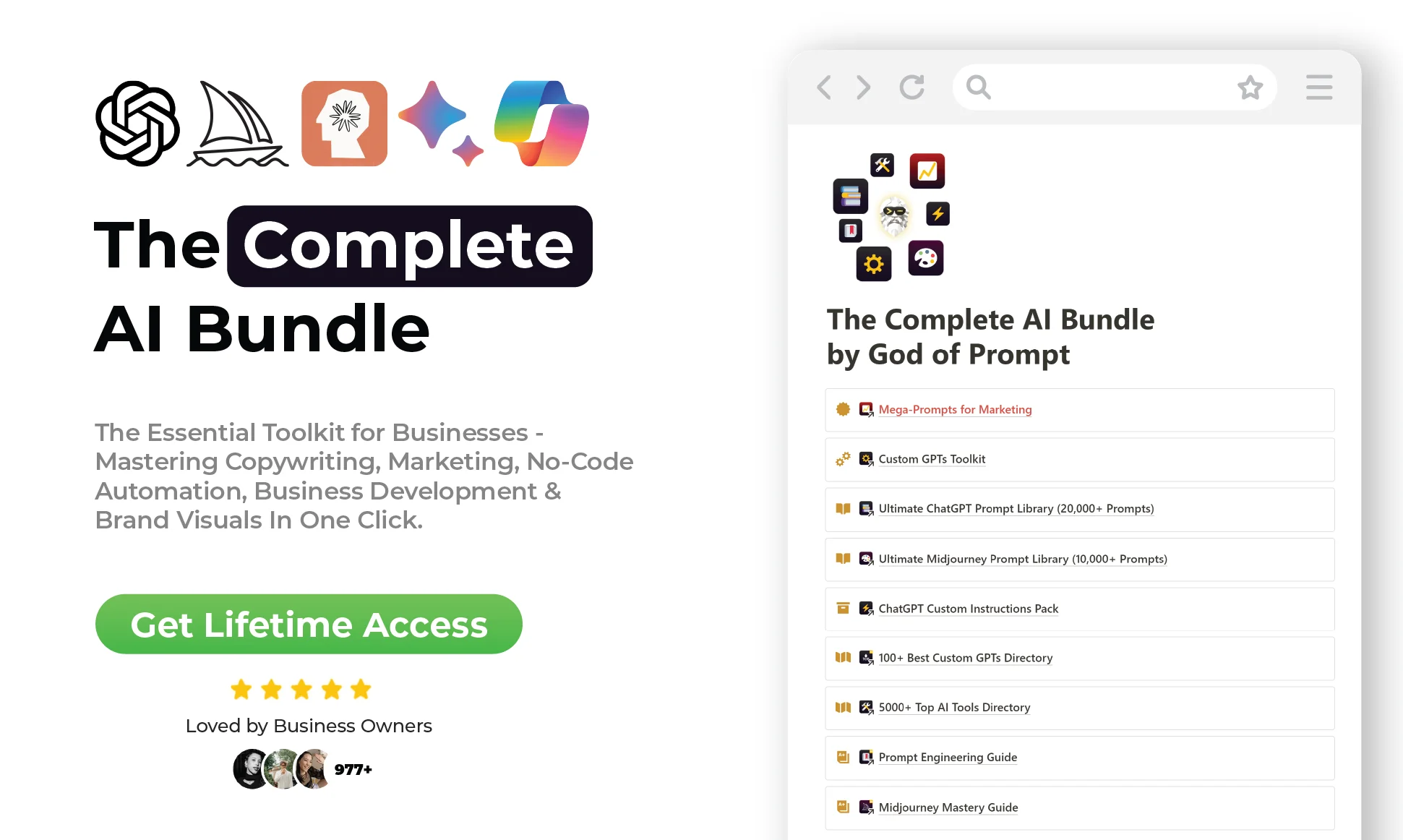
5 Types Of AI Your Marketing Team Should Use Now
While tools like ChatGPT are great for generating basic content, your marketing team needs more to truly dominate.
These sophisticated tools go beyond automation, unlocking a deeper understanding of your customers and creating personalized experiences that drive results.
Here are 5 AI tools that will change your marketing strategy:
1. AI-Driven Emotional Analytics:
Imagine reading your customers' minds (almost).
This advanced AI analyzes facial expressions, voice tones, and even text sentiment to understand their emotional response to your marketing campaigns.
Why it's powerful: Fine-tune your messaging based on emotions, creating a more impactful connection that resonates on a deeper level.
Here are some AI tools in this category:
- Amazon Rekognition: (Analyze images and videos to detect emotions)

- Microsoft Azure Cognitive Services – Computer Vision: (Extract emotions from facial expressions in images)
- IBM Watson Tone Analyzer: (Analyze text for emotional tone and sentiment)
2. Generative AI for Personalized Content Creation:
Step beyond basic text generation and focus on personalized content.
This AI creates content that speaks directly to each customer, focusing it to their interests and preferences.
Why it's powerful: Craft custom product recommendations, personalize email marketing content for higher engagement, and create dynamic website experiences that adapt to user behavior.
Here are some AI tools in this category:
- Personifyco: (Create personalized content at scale for email marketing and other channels)

- Articoolo: (Generate personalized product descriptions and other marketing copy)
- Rytr: (AI writing assistant with features for creating personalized content)
3. AI for Augmented Reality (AR) Marketing:
AR isn't just for Pokemon Go anymore.
Marketers can leverage AI to create interactive AR experiences that bring products to life.
Why it's powerful: It allow customers to virtually try on clothes, place furniture in their homes, or explore your latest offerings using their smartphones.
This level of engagement drives sales and fosters a more memorable brand experience.
Here are some AI tools in this category:
- Banuba Vision: (Develop interactive AR experiences for marketing campaigns)
- Arway: (AR creation platform with AI-powered features)

- Hiper: (Develop and manage AR experiences for marketing and sales)
4. Advanced Machine Learning Models for Predictive Customer Behavior:
Stop guessing what your customers want.
Advanced machine learning models analyze different amounts of data to identify patterns and predict future actions.
Why it's powerful: It target customers at the right time with the right message, maximizing conversion rates and optimizing your marketing spend.
Here are some AI tools in this category:
- IBM Watson Marketing Automation: (Utilize machine learning for predictive customer insights and campaign optimization)

- Microsoft Dynamics 365 Marketing: (Offers AI-powered lead scoring and customer journey insights)
- SAS Customer Intelligence: (Advanced customer analytics platform with machine learning for predictive behavior)
5. Real-Time Decision-Making AI Systems:
Imagine a world where your marketing campaigns adapt and optimize themselves in real-time.
Advanced AI systems analyze data streams and make instant decisions about everything from ad bidding to content recommendations.
Why it's powerful: Ensure your marketing efforts remain agile and responsive to ever-changing customer behavior, giving you a crucial advantage over the competition.
Here are some AI tools in this category:
- Kenshoo: While Kenshoo is a powerful marketing automation platform with AI features, it doesn't specifically focus on real-time decision making.

Here are a couple of strong alternatives for that category
- Epsilon Activate: (Provides real-time marketing orchestration and decisioning based on AI)
- BlueKai (acquired by Oracle): (Offers real-time customer data management and AI-powered audience segmentation for ad bidding and campaign optimization)
By incorporating these advanced AI tools into your marketing strategy, you can unlock a new level of customer understanding, personalization, and ultimately, marketing success. Remember, the future of marketing is intelligent, and with these tools, you can be at the forefront of the revolution.
Why Use These AI Tools For Marketing
1. Deeper Customer Understanding: Advanced AI goes beyond basic data analysis.
Tools like emotional analytics get into the emotional side of customer responses, helping you understand their true feelings about your brand and campaigns.
This allows you to craft messaging that resonates on a deeper level, fostering stronger connections.
2. Hyper-Personalization at Scale: Advanced AI personalizes the customer experience to an incredible degree.
Imagine generating custom product recommendations, writing email marketing messages to individual preferences, and dynamically adapting website content based on user behavior.
This level of personalization leads to higher engagement, improved conversion rates, and ultimately, happier customers.
3. Future-Proofed Marketing Decisions: Advanced machine learning models are like crystal balls for marketers.
By analyzing huge amounts of data and identifying patterns, these tools can predict customer behavior with surprising accuracy.
This allows you to target customers at the right time with the right message, optimizing your marketing spend and staying ahead of competition.
4. Real-Time Optimization & Agility: Marketing campaigns that adapt and learn in real-time? That's the power of advanced AI.
These systems analyze data streams constantly, making instant decisions about everything from ad bidding to content recommendations.
This ensures your marketing efforts remain agile and responsive to ever-changing customer behavior, giving you a crucial edge over competitors stuck with static campaigns.
Conclusion: Types Of AI Your Marketing Team Should Use
By incorporating these advanced AI tools into your marketing strategy, you'll unlock a wealth of benefits that go far beyond simple automation.
Imagine a world where you can truly understand your customers, personalize their experience like never before, and make data-driven decisions that optimize your marketing efforts for ultimate success.
That's the power of advanced AI, and it's the future of marketing.
5 Types Of AI Your Marketing Team Should Use Now
- Unlock Emotional Insights: AI-driven emotional analytics delve into customer emotions through facial, vocal, and textual analysis, enhancing message resonance and campaign effectiveness.
- Enhance Personalization: Generative AI crafts unique content tailored to individual preferences, boosting engagement and conversion through customized emails and dynamic web experiences.
- Engage with Augmented Reality: AI-augmented AR marketing creates interactive experiences, allowing customers to virtually try products, which enhances engagement and sales.
- Predict Customer Behavior: Advanced machine learning models forecast customer actions, enabling targeted marketing that optimizes spend and increases conversion rates.
- Optimize in Real-Time: Real-time decision-making AI systems adapt marketing strategies instantly, keeping campaigns agile and competitive in fast-changing markets.














